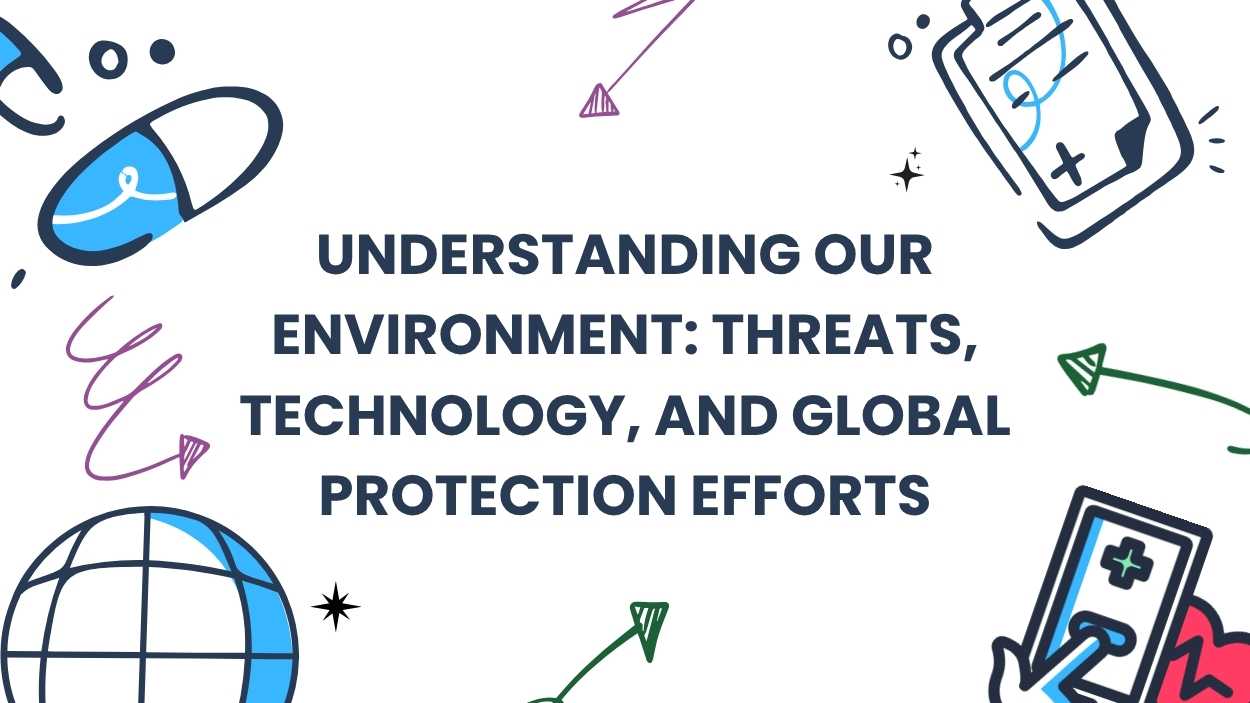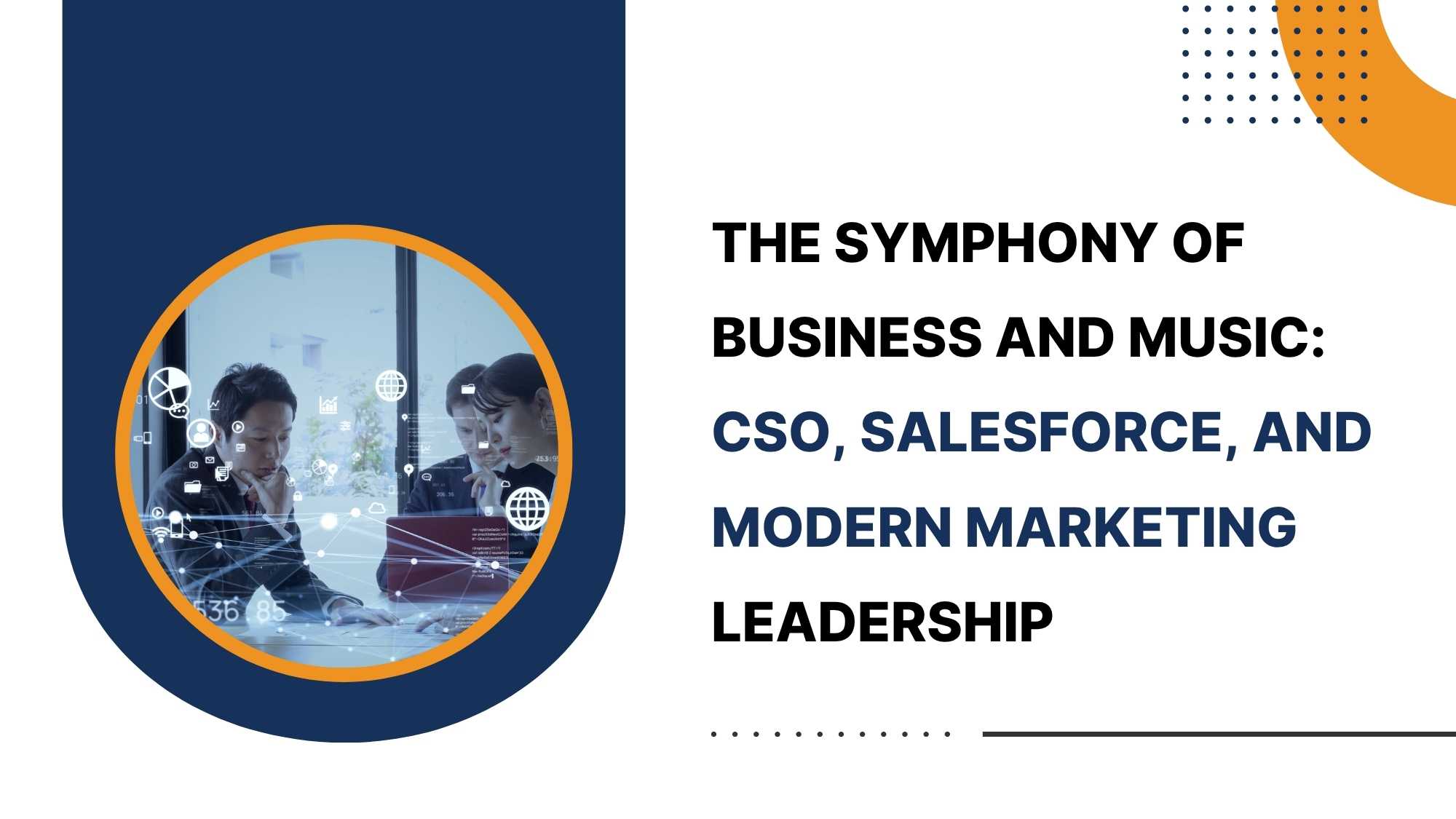The buzz around artificial intelligence is deafening, and its increasing presence in the workplace is undeniable. IBM’s recent insights on AI and the future of work highlight a critical inflection point. We’re no longer talking about futuristic scenarios; the AI-powered workplace is here, bringing both unprecedented opportunities and significant challenges. The key to successful integration lies in understanding the nuances of this technological shift and preparing for the inevitable changes ahead.
The Human-Machine Partnership
The narrative shouldn’t be about AI replacing humans, but rather about fostering a powerful human-machine partnership. The IBM report emphasizes the potential for AI to augment human capabilities, freeing us from repetitive tasks and allowing us to focus on more creative and strategic endeavors. Imagine sales teams spending less time on routine inquiries and more time cultivating meaningful client relationships. This shift requires a fundamental rethinking of workflows and job roles, demanding adaptability and continuous learning from the workforce.
Bridging the AI Literacy Gap
One of the biggest hurdles to successful AI adoption is the AI literacy gap. Many business leaders recognize the transformative potential of AI, but struggle to implement it effectively due to disconnected technologies and a lack of understanding across the organization. Overcoming this challenge requires a commitment to workforce development and training, ensuring that employees at all levels understand how AI can enhance their roles and contribute to overall business objectives. The ability to effectively prompt and direct AI systems is becoming a crucial skill, highlighting the need for personalized, AI-driven training programs.
However, a purely technological focus is not enough. As the IBM report highlights, workplace culture plays a pivotal role in AI adoption. A culture that embraces change, fosters collaboration, and prioritizes continuous learning is essential for navigating the AI revolution successfully. Organizations must create an environment where employees feel empowered to experiment with AI tools, share their insights, and contribute to the ongoing development of AI-powered workflows.
The Ethical Imperative
The AI revolution also presents ethical considerations that must be addressed proactively. Ensuring data privacy, mitigating bias, and promoting transparency are crucial for building trust in AI systems. Organizations must establish clear ethical frameworks and data governance policies to ensure that AI is used responsibly and in a way that aligns with their values. By prioritizing ethical considerations, businesses can harness the power of AI while safeguarding the interests of their employees and customers.













